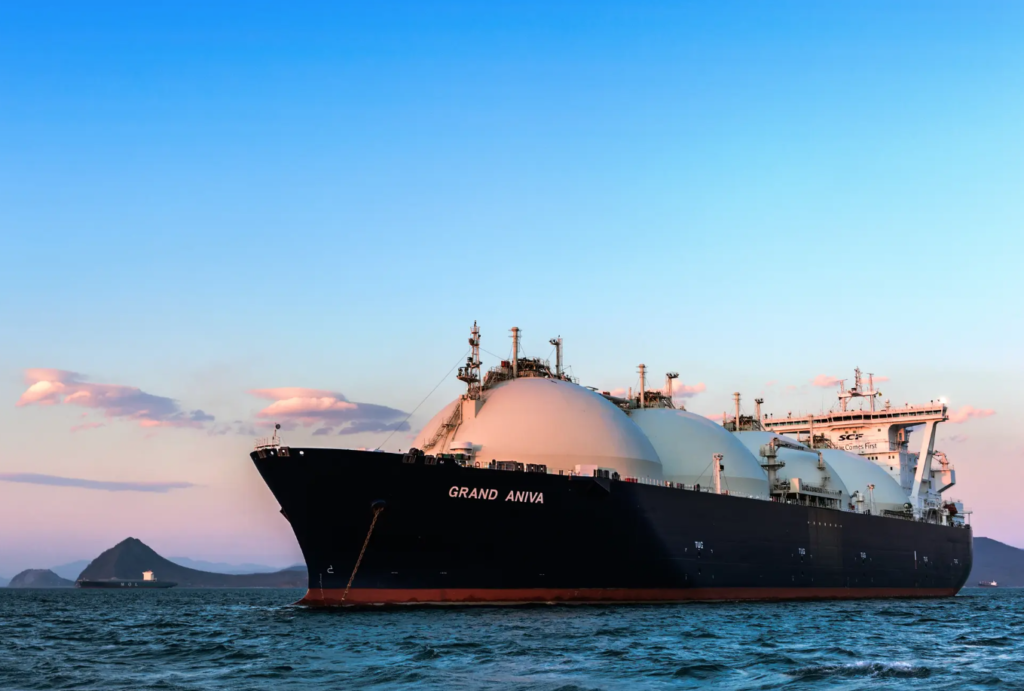Import rose from 15.9 to 22.1 bcm in 2022, 16% of LNG consumed in Europe
– While trying to emancipate itself from gas from Russia, in the last year Europe imported 38% more liquefied natural gas (LNG) from Moscow. From 15.9 billion cubic meters (bcm) in 2021, the EU rose to 22.1 bcm in 2022. This is revealed by an internal memo from the European Commission dated last week and reviewed by euobserver.
The EU still likes gas from Russia
An increase that the Brussels note calls “rather modest“, about 1.55% of the total gas consumed in the continent (in all 400 bcm). But still a result in total contrast to the efforts to reduce the Kremlin’s dependence on hydrocarbons and cut the funds with which it fuels the war in Ukraine.
Even more so the contrast is strident if you consider other passages of the memo. Such as the one in which Brussels claims that LNG “played a central role in the replacement of Russian gas” since imports increased from 80 bcm in 2021 to 135 bcm in 2022. So, on the GNL side, Europe takes even more than 16% from Russia. It was just under 20% before the war. A much smaller relative decline compared to that achieved on gas from Russia via pipe: “The share of imports from Russian gas pipelines in total EU gas imports fell to 7% in January 2023, compared to about 50% historically”, continues the note.
Brussels optimistic about next winter
Other passages of the Commission’s memo deal with the risks for the next thermal season. In a rather positive tone. According to Brussels, the EU can reach the next winter that full storage at 90% by the end of October, that is the EU target set to avoid gas shortages. A positive forecast that has been made possible both by the cumulative savings in recent months (about -20% of gas use) and by the very high level of filling of storage capacity (about 57% at the end of March). The prospect of filling them in time would be valid “even if there were no gas pipelines from Russia“, EU officials estimate.
Among the risks which could, alone or jointly, make it more difficult to tackle the coming winter, the Commission mentions “a total blockade of Russian gas, infrastructure accidents, an exceptionally dry or hot summer that affects the operation of nuclear power plants during the summer and the limited supply of hydropower, or a cold winter”.

